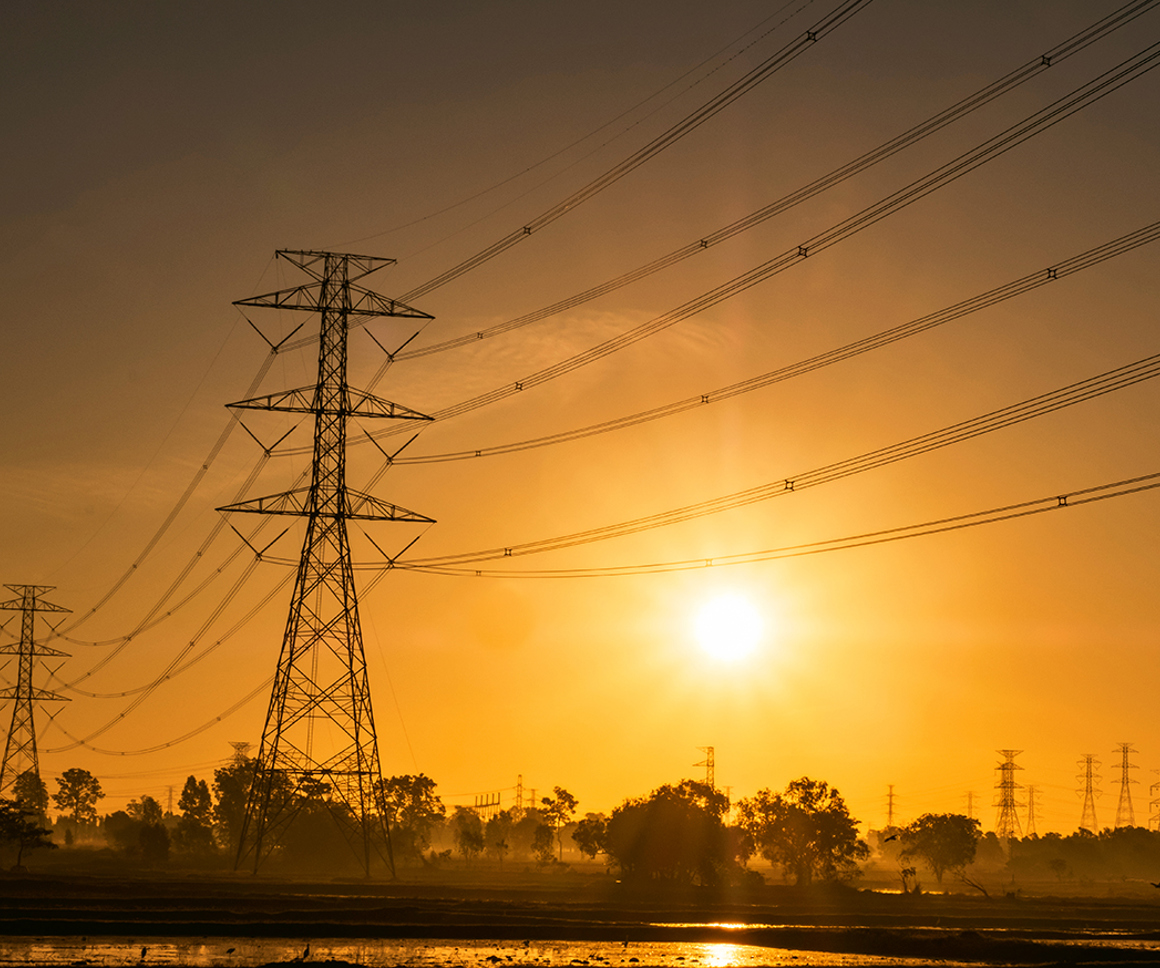Energy levy shakeup will ‘level playing field,’ limiting the risk of crowding out investors
Energy transition Investment Economics, policy and regulatory advice Climate change
Energy experts at LCP Delta are encouraging energy companies and investors to explore the new opportunities presented by the recently announced changes to the Energy Profits Levy (EPL), despite initial concerns about the impact on the upstream oil and gas sector.
The headline changes made by the Chancellor on the 29 July include:
- A 3% increase in the EPL from 35% to 38% - bringing the rate of tax on upstream oil and gas to 78%.
- The removal of the EPL 29% investment allowance from 1 November 2024 but maintaining the 80% decarbonisation investment allowance.
LCP Delta sees benefits from the changes because of the potential for a more ‘level playing field’ for investment allowances in the energy sector regarding the EPL (applied to upstream oil and gas operators) and the Electricity Generators Levy (EGL). The EGL proposes a 45% tax on revenues exceeding £75/MWh for inframarginal electricity generators.
Previously, EPL was inconsistent with the EGL. The removal of the 29% investment allowance from 1 November 2024 brings the EPL more into line with the EGL, although the upstream oil and gas sector can still benefit from the 80% decarbonisation allowance, which is not available to electricity generators.
Creating more consistency within investment allowances offers other benefits:
- Focused investment on decarbonisation: Oil and gas producers will continue to benefit from the 80% relief on capital expenditure for decarbonising upstream petroleum production. This is essential for advancing the decarbonisation of a sector that will remain vital for the foreseeable future.
- Harmonised investment allowances: By removing the broader 29% investment allowance, the government has aligned the EPL more closely with the EGL. This creates a more level playing field for investing in low-carbon technologies across Great Britain.
- Mitigate inefficient capital deployment: This issue came about from the different incentives offered to investors. Under the previous EPL framework, investments might have been valued based on savings from investment allowances, while EGL (and non-EPL) investors focused on the fundamental merits of individual investments.
Even with the potential benefits, some might argue that additional tax relief incentives could make emerging technologies more attractive to investors. This is particularly true for transitional technologies like hydrogen (and hydrogen-to-power) and carbon capture, utilisation, and storage (CCUS), which are of significant interest to oil and gas companies.
Matthew Deitz, Senior Consultant at LCP Delta, commented: “Oil and gas producers will play an important role in the ongoing energy transition, especially in advancing offshore capabilities. They are essential for developing offshore wind generation, hydrogen production, and carbon capture and storage sectors.
While the news of increased levies and removal of allowances may cause concerns in the upstream oil and gas sector, it’s important to understand that this decision creates a more level playing field between the two schemes. This mitigates the risk of crowding out investors who have already demonstrated their appetite to invest in the UK power sector while providing allowances to support the decarbonisation of upstream oil and gas sector operations.”

